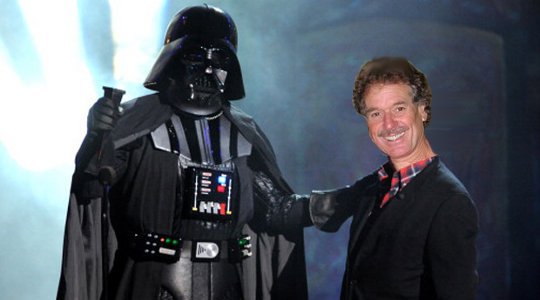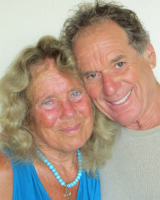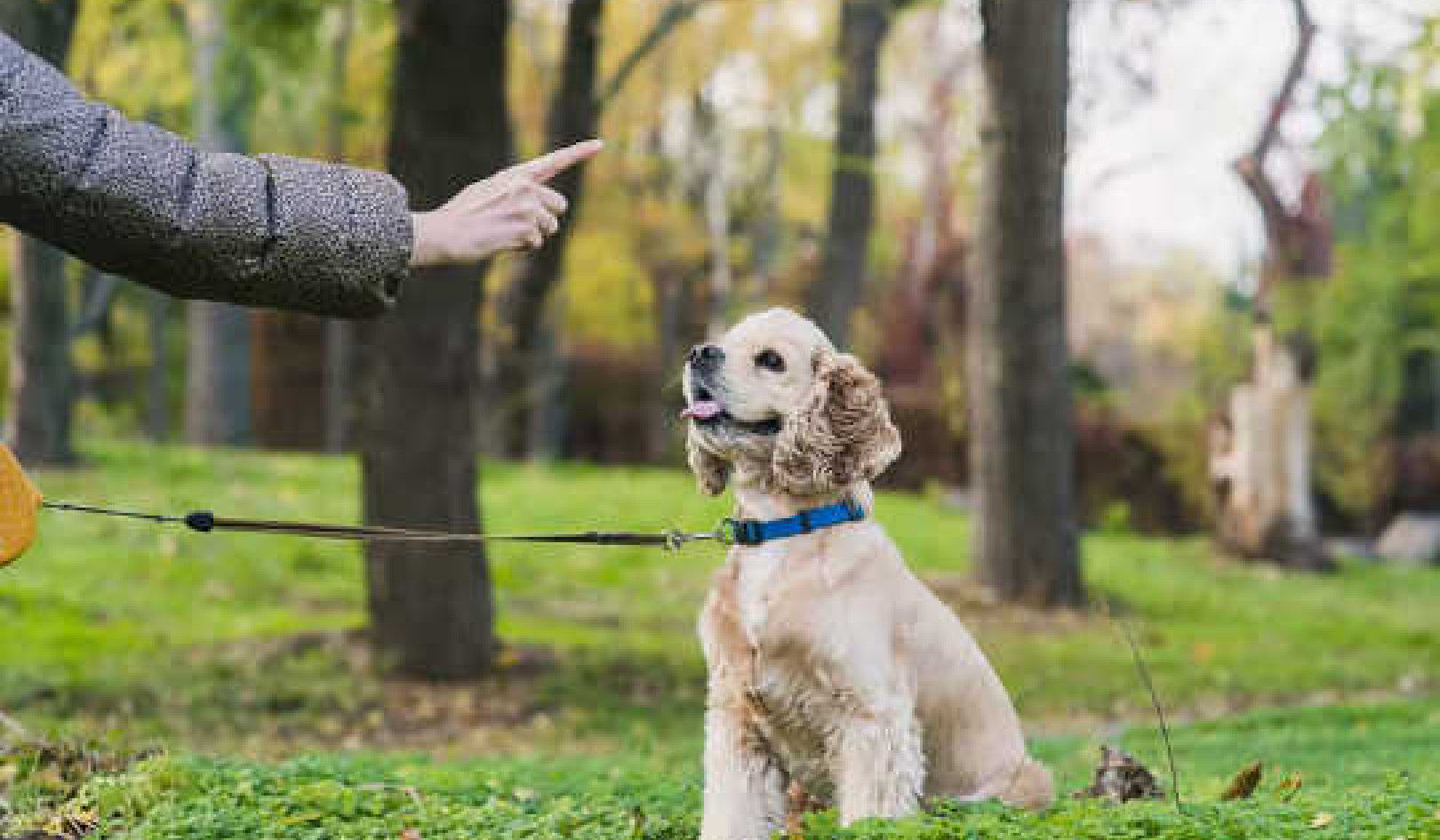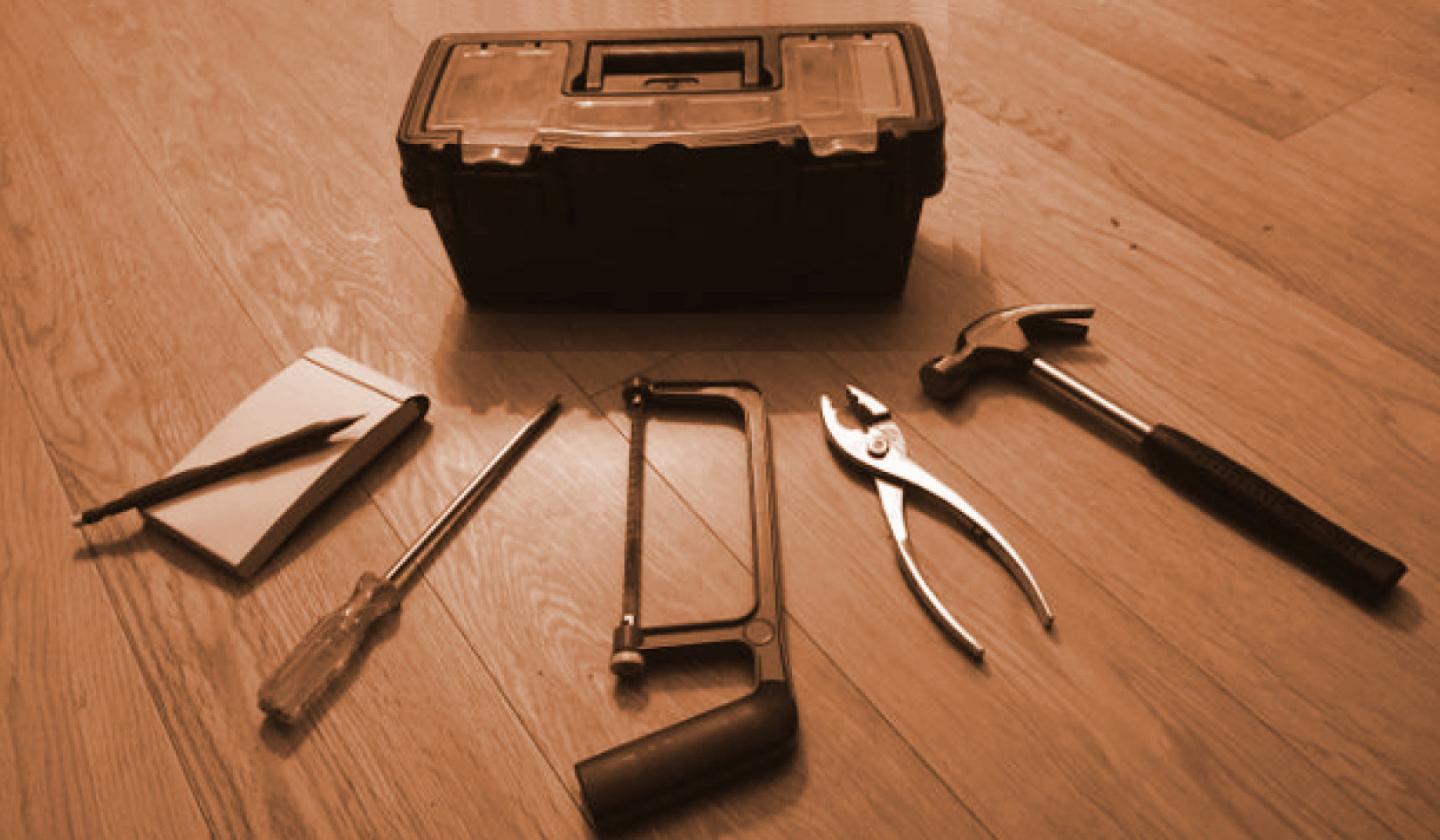
Although I had a sometimes difficult relationship with my father, there are some things about which I am grateful. One of those things is that my dad lived his life, especially in his later years, without worrying about what other people thought about him.
He loved to cook, and also shop for food. Standing at the checkout line at his favorite market, he’d glance at the shopping cart behind him and ask the shopper, “What are you planning to make out of this food?”
After hearing the planned menu, he’d say, “That’s good, but I have a better idea. Here’s how to really make that dish.” And then he’d proceed, in great detail, to instruct the helpless shopper on the finer points of cooking. It wouldn’t matter if the shopper was listening or not, or even wondering who this crazy man was.
Although there was an element of self-centeredness in his actions, there was also a comfort with himself. It was certainly not about getting people to like him because, more often than not, they’d feel uncomfortable or embarrassed by him. Whether he was aware of their feelings or not, it never stopped him. He was ready and willing, at any moment, to completely make a fool of himself.
Taking the Risk of Making a Fool of Myself
I believe I inherited this quality from my father. I, too, am not afraid to make a fool of myself. And why do I deliberately do this? Quite simply, it feels good to me. It lets me be unpredictable, unconventional, spontaneous and completely in the moment. It’s really a divine experience, a shaking up of ordinary reality, a transition from my mind to my heart.
Risk is always involved in making a fool of yourself. There is never a guarantee of a good or predictable outcome when you are truly spontaneous. The following story shows what can happen.
Our son, John-Nuri, had a wonderful opportunity when he was a senior in high school. His class of thirteen students was chosen, along with a class in Africa and one in India, by an organization called Project Happiness, to make a documentary film about happiness. They interviewed Richard Gere, George Lucas, traveled to India, and finally met with the Dalai Lama at his home in Dharamsala.
At the end of the year-long project, the film was completed and we, the parents, were invited to a special opening night showing at George Lucas’ studio and theater in San Francisco. (You can view the trailer at https://www.youtube.com/watch?v=BXnGriW3-y8)
After arriving, we were ushered into a large reception room. Food and beverages were being served. The group of us parents were excited and nervous, awed to be standing in the Star Wars creator’s private theater lobby. As we waited to be ushered into the theater, we stood around wondering what to do.
Glancing to one side of the room, I noticed what looked like a statue of Darth Vader, the famous Star Wars villain, standing in an alcove and roped off with a loosely hanging velvet rope. His hands were held in front of him in such a way that it looked like he was either holding an imaginary object or perhaps even choking an imaginary person.
In a moment of brilliance, or perhaps stupidity, depending upon how you look at it, I saw that my head could probably fit between his hands and I could pretend that I was being held or choked by none other than Darth Vader. I briefly contemplated the velvet rope. Yes, it was probably there as a barrier to keep people like me away from the statue. Yet how flimsy it was, more of a decoration than a barrier. I decided to ignore it.
I made my move, slipping under the rope, and stuck my head up through Darth Vader’s hands. Joyce, and a group of parents on that side of the room, were amazed at my audacity to do such a thing. Okay, Joyce wasn’t so amazed. Someone with a cell phone took a picture which, unfortunately, didn’t turn out very clear. In perhaps less than one minute, I slipped back out of the alcove.
That’s when I noticed the commotion. No less than three uniformed security guards were hastily making their way through the crowd toward me. One went immediately to the statue to assess for possible damage. The other two flanked me, polite but all business.
One of them spoke, “Sir, you probably did not know that this is the original Darth Vader costume that was worn in the movie series. Its value is priceless. You came within seconds of being handcuffed and held in custody for the police. You’re lucky nothing’s broken.” Then they radioed a report to their supervisor, gave me one more sobering look, and quickly left.
Obviously, that was a poor choice of spontaneous action. Acting out the fool is always a risk. It could’ve ended much worse, like me in jail. But I believe the fool is much needed in our world. One of my heroes, Saint Francis, rarely missed an opportunity to play the fool. He was determined never to be boxed in by other’s expectations of him. He called himself a “fool of God.” He listened to the divine inner voice, and acted in often bizarre ways, even if it invited mockery from spectators, which it often did.
Listening to the Still Small Voice and Not Being Predictable
I, too, want to be a fool of God. I don’t ever want to be predictable. I want to listen to and act upon that still small voice within. I hope it doesn’t get me arrested, but I hope I never stop playing the fool. People act like fools when they are newly in love. Then they stop. I’d rather stay newly in love with life, and continue to act like a fool.
So if you have a choice to stay in a tightly confined box or play the fool, I hope you let yourself out of that box. I hope you choose to be unpredictable and spontaneous. I hope you take plenty of risks in your life, for by taking those risks you will find more abundant life.
Thanks, Dad, for helping to bring out the fool in me.
Barry Vissell is the co-author of the book:
 A Mother’s Final Gift: How One Woman’s Courageous Dying Transformed Her Family
A Mother’s Final Gift: How One Woman’s Courageous Dying Transformed Her Family
by Joyce and Barry Vissell.
Click here for more info and/or to order this book.
About the Author(s)
 Joyce & Barry Vissell, a nurse/therapist and psychiatrist couple since 1964, are counselors, near Santa Cruz CA, who are passionate about conscious relationship and personal-spiritual growth. They are the authors of 9 books and a new free audio album of sacred songs and chants. Call 831-684-2130 for further information on counseling sessions by phone, on-line, or in person, their books, recordings or their schedule of talks and workshops.
Joyce & Barry Vissell, a nurse/therapist and psychiatrist couple since 1964, are counselors, near Santa Cruz CA, who are passionate about conscious relationship and personal-spiritual growth. They are the authors of 9 books and a new free audio album of sacred songs and chants. Call 831-684-2130 for further information on counseling sessions by phone, on-line, or in person, their books, recordings or their schedule of talks and workshops.
Visit their website at SharedHeart.org for their free monthly e-heartletter, their updated schedule, and inspiring past articles on many topics about relationship and living from the heart.


























